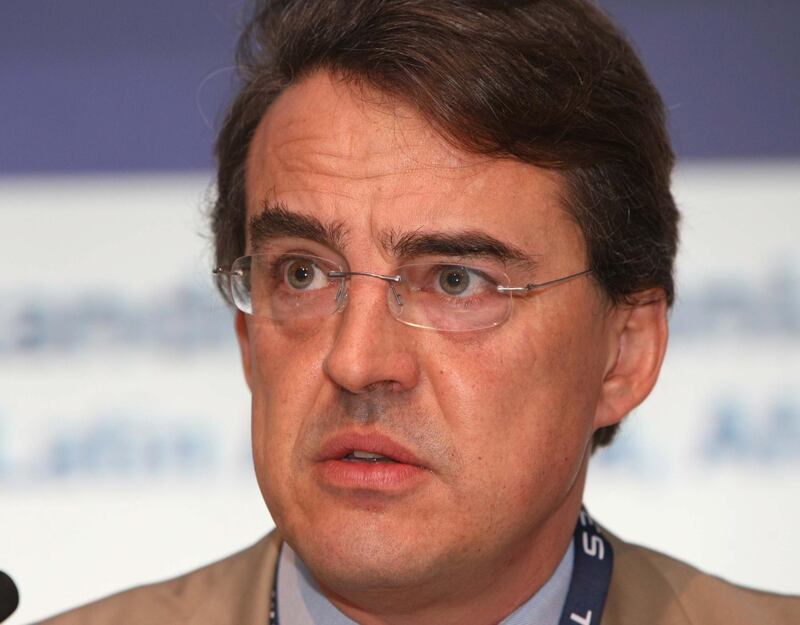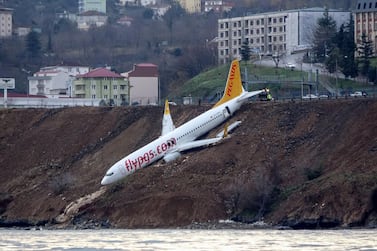The aviation industry needs to increase security in the face of evolving threats ranging from geopolitical tensions to cyber attacks, according to the head of the International Air Transport Association.
Advancing technology is making once localised threats, now cross borders, which is forcing governments, airlines and other stakeholders to continually invest in resources to upgrade their security measures, said Iata director general Alexandre de Juniac.
“Flying is secure, but keeping it that way is not an easy task,” Mr de Juniac told the Avsec industry conference in Miami on Wednesday. “Threats are evolving. The geopolitical landscape is complex. Technology is rapidly changing. And the volumes of both cargo and travellers keeps growing. Global standards and collaboration between governments and industry is the bedrock of our continued success.”
The aviation membership group, which represents about 300 airlines in 120 countries around the world, said three critical areas that need to be addressed include: securely vetting millions of airport and airline staff who have access to an aircraft; ending extra-territorial measures that often require airlines to take on government responsibilities; and improving the security experience for passengers by ensuring additional security procedures are fast and efficient against a forecast of doubling passenger numbers over the next decade.
Global passenger demand is set to reach 8.2 billion by 2037, according to Iata. The industry needs to constantly improve global standards, information sharing processes and risk-based analysis to secure aviation against evolving threats, Mr de Juniac said.
“Far too many” countries are struggling to implement the baseline security requirements set out in Annex 17 of the Chicago Convention –a n agreement signed in 1944 to establish core principles that permit international transport by air, the director general said. Annex 17 was added to the agreement in 1974.
“A weakness anywhere in the system affects everyone,” Mr de Juniac said. “The goal is 100 per cent implementation. There is an urgent need for developed countries to provide more comprehensive assistance to developing countries to ensure the baseline security measures are met.”
He also called on the industry to work with technology providers and governments to share information and digital innovations to build resilience against cyber-attacks.
Iata and its stakeholders are working to deliver a plan early next year that will aim to deliver a comprehensive strategy to address the cyber-security challenge, it said.
No further details were provided.







